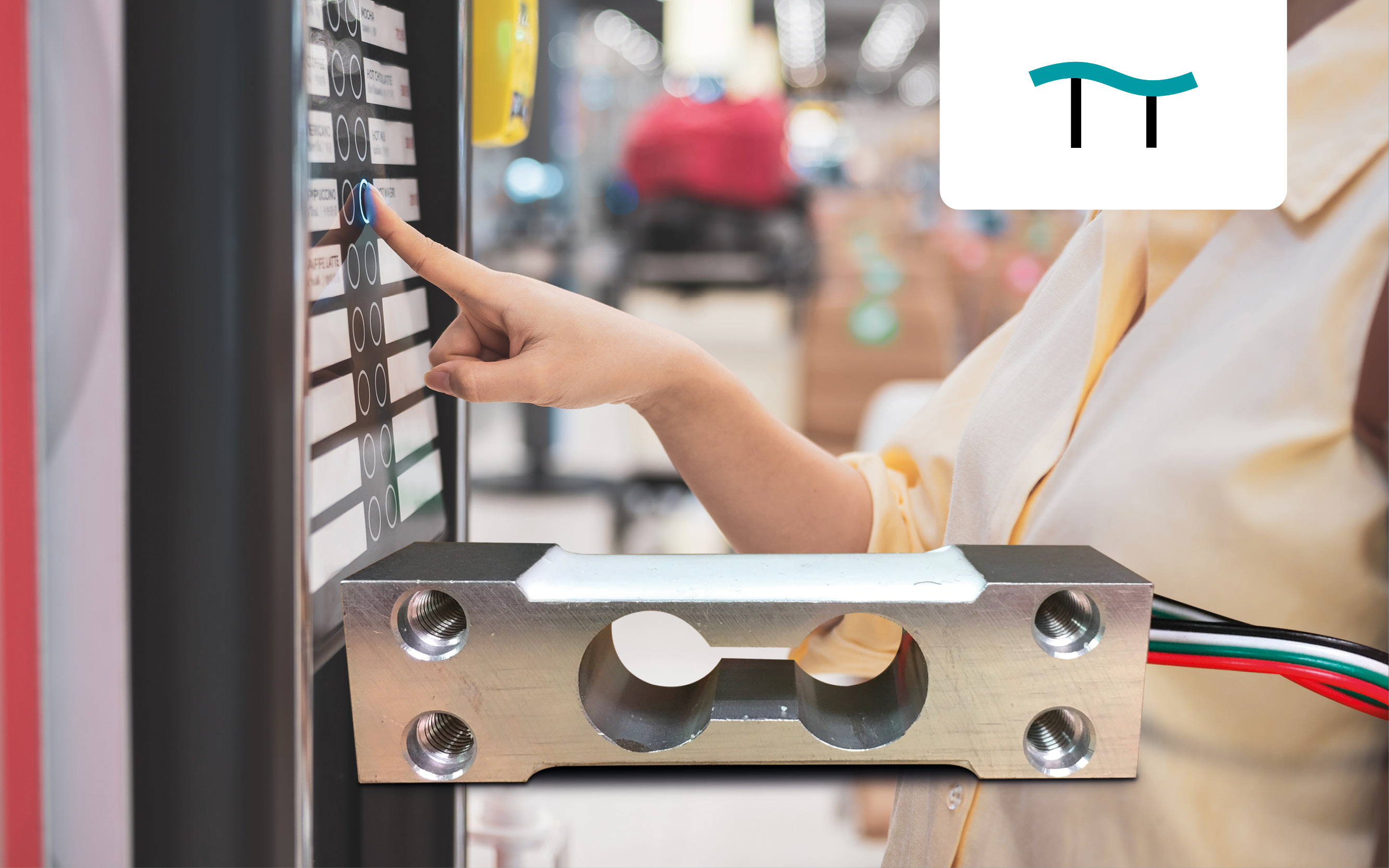TyTek Industries guide to load cells and their applications
For people in the manufacturing world, load cells hold a huge importance for many reasons. But what exactly is a load cell? During this guide we will explain the meaning, their applications and how TyTek Industries support the sector with our load cell manufacturing.
What is a load cell?
A load cell in basic terms measures weight and is a significantly important component in many industries and products. The cell is a force transducer, converting force into a measurable electrical output. Different forces that can be measured include tension, torque and pressure; when the force is applied to the load cell the electrical signal changes proportionally. There are many types of load cells, including hydraulic, pneumatic, and strain gauge; however the most commonly used in industrial settings are strain gauge load cells. They are ideal as they are cost-effective and highly accurate, which of course are two very important factors when choosing what solution to go for. They do however, need to be re-calibrated as over time they can mis-align due to age or other factors.
Load cells have a wide array of industry applications including agricultural, inventory management, oil/gas, medical, construction, robotics, and many more. Most notably, as businesses are all moving towards a digital manufacturing path, this means that processes are becoming more automated. This move to automation fits in with Industry 4.0, which is the 4th revolution referring to optimizing and utilizing technology in manufacturing, becoming more sustainable and efficient.
The market for load cells is anticipated to expand over the next five years and is expected to reach approximately $1.75bn by 2024. This growth is driven by rising investments in industrial automation technologies and its increasing use in automotive assembly lines, logistics, construction, and metal and mining industries.
Applications of load cells
As mentioned, load cells are used in a wide range of industry sectors, however aren’t generally well known about. They are indeed a hidden mechanism behind items that the general public may use daily, such as:
- Retail weighing scales
- Vending machines
- Self-serve checkouts
- Airport baggage check-in scales
- Vehicle weighbridges
- Kitchen and bathroom scales

Wherever load cells are used it is important that they are right for the job and that they are reliable and highly accurate to detect the slightest change. That’s why there are a wide range of cells available, so there is a suitable bespoke solution for every job.
How TyTek Industries can support your load cell mission
Due to the varied application and importance of load cells, you will need the right support when discussing your needs. At TyTek, we offer a wide range of services including load cell manufacturing, supporting you every step of the way. We were approached by a healthcare supply chain management provider that had developed the first truly automated healthcare replenishment system, engineered to remove caregivers entirely from inventory processes associated with current technologies. They needed sensitive strain gauge load cells to detect even the slightest change in weight in the inventory bins for their system to function properly.
We supplied them with finely tuned, highly sensitive load cells to automatically identify supply usage as it occurred, communicating to Materials Management for timely replenishment. By measuring and managing product usage in near real time, TyTek’s load cell technology allowed our client’s supply decisions to be made proactively rather than reactively. This meant that shifts in demand were easily recognized and responded to. In turn, it reduced service interruptions, allowing their healthcare workers to focus on patient care.
TyTek Industries can provide load cell solutions for many purposes, if you’re looking to find out more about more then don’t hesitate to get in touch with us! If you would like regular updates then be sure to follow TyTek on social media, as well as subscribe to our regular newsletter to get all of the important news updates in one place.
